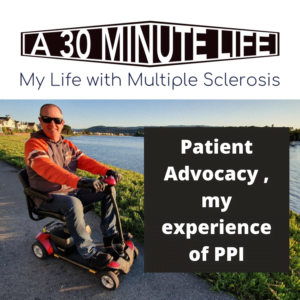Caring for a sick person can be stressful, and it can get worse if the person lives with a disability. This is because the disability presents a whole new level of caregiving challenges. Helping the patient into a wheelchair, turning them in bed, or bathing them is a lot of labor.
The stress that comes with it can make you break down and fall into depression as a caregiver. It’s natural to harbor feelings of anger, exhaustion, frustration, and sadness.
Nevertheless, caregiving is a rewarding experience and can help you live longer. However, to reap the benefits of caregiving, you need to take steps towards managing the stress and maintaining positivity.
Signs of Caregiver Stress
As a caregiver, you may focus too much on your loved one that you forget to take care of yourself. Your health and well-being suffer without you knowing, and before you know it, you’re on a downward spiral to depression. Look out for:
- Being constantly worried or overwhelmed
- Constantly feeling tired
- Sleeping too much or too little
- Uncontrolled or unplanned weight gain or loss
- Getting easily irritated or angry
- Diminishing interest in previously enjoyed activities
- Drug and alcohol abuse
- Frequent bodily pain, headaches, and physical problems
These conditions increase your risk of medical conditions like diabetes and heart disease.
Dealing with Caregiver Stress
Even the most resilient person can be weighed down by the emotional and physical demands of caregiving. Inability to take care of yourself means that you also can’t take care of your loved one properly. To manage stress as a caregiver:
Ask for Help
It’s not right to think that you can handle everything by yourself. Everyone needs help, and you should have a list of ways other people can help you. For example, let a friend or family member volunteer to take your patient for a walk thrice a week. Use this time to rest or do something for yourself.
Focus on What You Can Provide
It’s not uncommon for caregivers to feel like they don’t do the best for their loved one. While these feelings are normal, don’t beat yourself too hard. Reassure yourself that you’re doing your best and the decisions you make are in your loved one’s best interest.
Break Down Tasks
Avoid doing everything at the same time. Instead, make a list of everything that needs to be done and prioritize accordingly. Establish a routine and break it down into small manageable tasks to make it easier to cope.
Set Personal Health Goals
Your personal health goals should include getting enough sleep and rest. You could buy CBD oil and use it to massage your body for a calming effect to help you sleep better. A small quantity of the oil in your food or drink will also help reduce stress. You also should seek social and moral support.
Join a Support Group
Check your local community for caregiver support groups. They’re useful in providing validation and encouragement. You can also get a lot of resources in creating problem-solving strategies. This is also the place to develop meaningful friendships.
Final Thoughts
Caregivers have a hard time asking for help, but this shouldn’t be the case. Remember that you’re only human, and too much stress will weigh you down. Instead of suffering on your own, reach out to local resources for caregiver support. Most importantly, remember you’re not alone, and it will be okay in the end.
This is a collaborative post.


